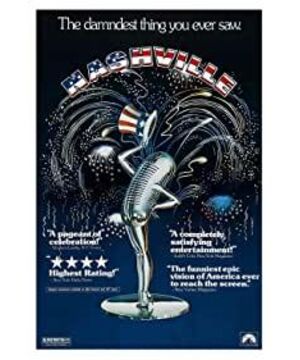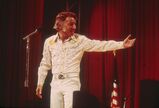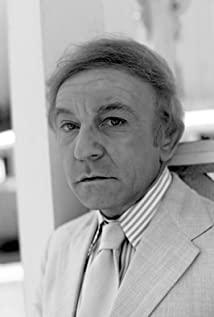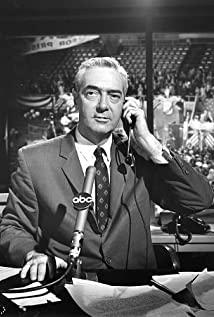"Nashville" is a musical film. The film story takes place when politicians are canvassing votes on the eve of the presidential election. The five days full of country music spent in Nashville through 24 characters satirize the falseness of the American dream and (part of) the false enthusiasm and true indifference of Americans (specifically) I won’t go into details about the irony. The following long commentary is very good. Take the end as an example: After Barbara was shot, people began to sing passionately after cleaning, and then the camera finally made a beautiful singing. Moving into the air in Piaoyuan, the movie ends. Very deep irony).
This is a movie without a protagonist (the only constant is country music), and the editing is constantly beating back and forth between 24 people. And what connects these 24 group portraits and maintains the continuity of the movie itself is the continuous sound of political propaganda, broadcasting, country music and so on in the background. This kind of continuity has another effect, that is, when the background sound changes from one scene to another, it means that the new scene/character of the movie is separated from the original scene/character by a certain distance, so that the distinction is realized through sound. Scheduling of spatial locations.
Robert Altman's group image narrative structure without a protagonist is not only extremely successful in practice in this film, but it can also be said to be a group image narrative structure unique to the film. Why is this narrative structure unique to the film? Because the "sound" in this movie plays a very important role, with their series of movies, it doesn't appear blunt. Without a "voice" connection, the whole story would appear fragmented. amazing. I used to think that Jacques Tati’s "Playing Time" is undoubtedly the most powerful group show schedule in the history of film, and after "Nashville" it seems that at least one of them must be added.
It is worth mentioning that the film also has some neo-realistic/naturalistic features to some extent, that is, there is no deliberate climax and horse grabbing, and even deliberately weakening the climax and horse grabbing. This is related to the philosophy of Robert Altman, who believes that life is like this: there is not so much sense of grasping horses, it is more ordinary daily; there is no protagonist perspective, because the real life is always a group of people, and no one is the real one. The protagonist; we can’t know the neat and clear ending of the people we meet in our lives, but we only know a little bit about them (so what the end of the movie characters did and what the director experienced did not fully tell us). In Roger Ebert’s words: "The buried message may be that life doesn't proceed in a linear fashion to the neat ending of a story. It's messy and we bump up against others, and we're all in this together. That's the message I get at the end of "Nashville," and it has never failed to move me."
View more about Nashville reviews











